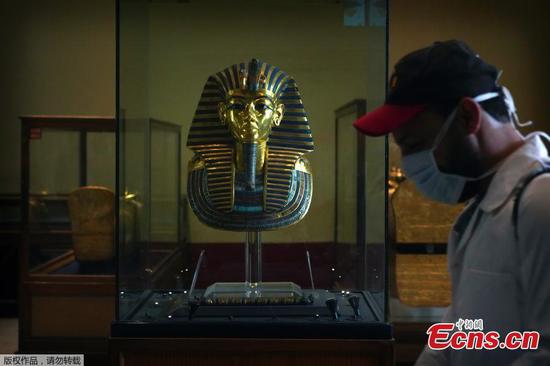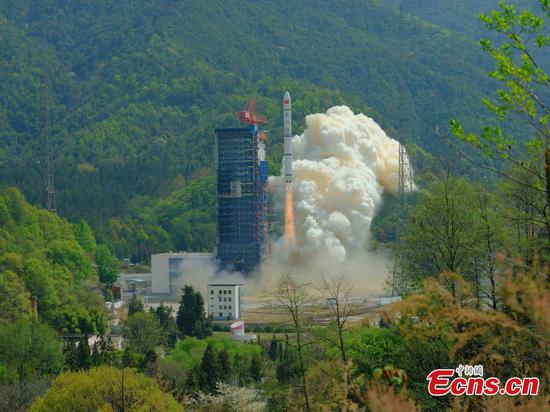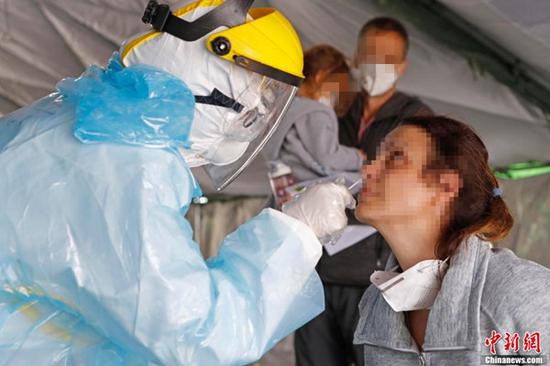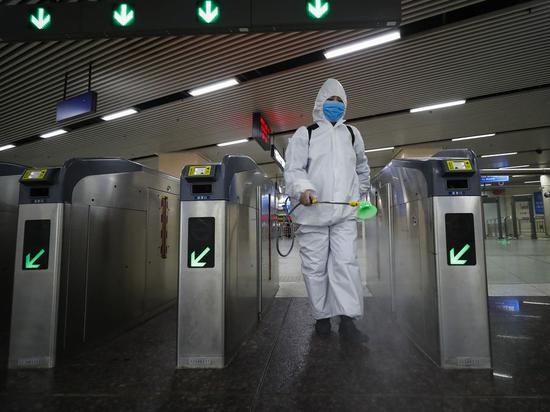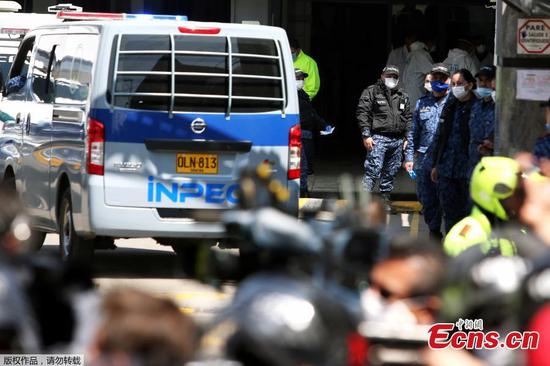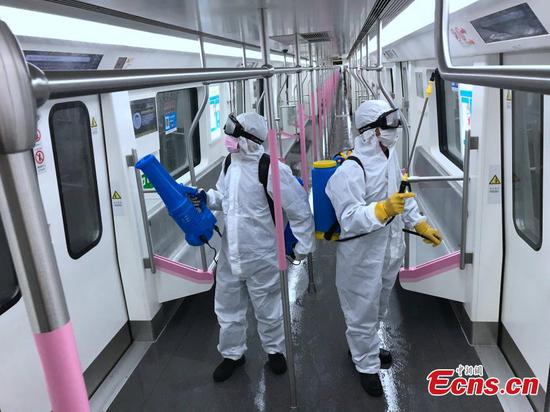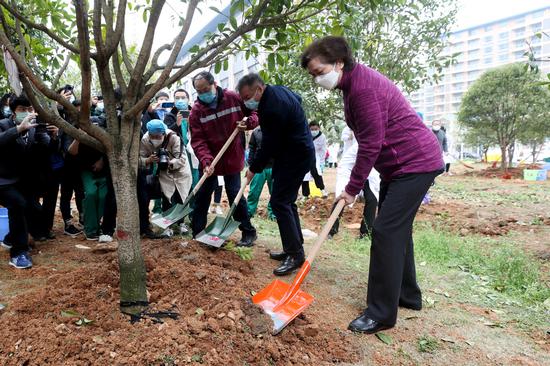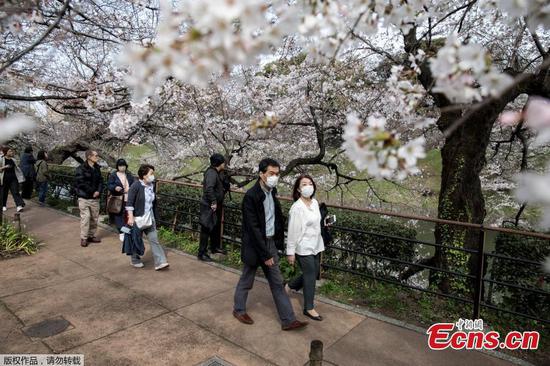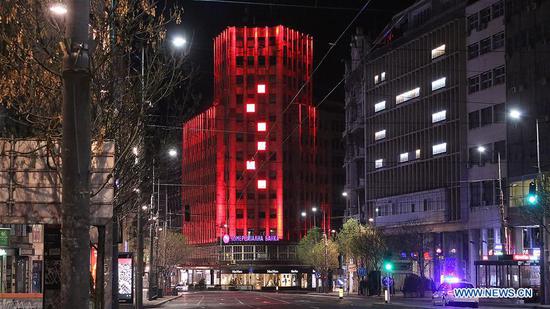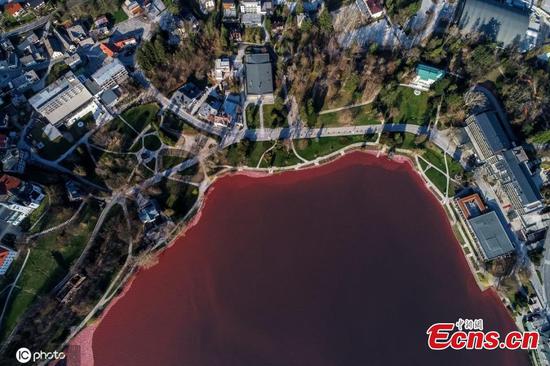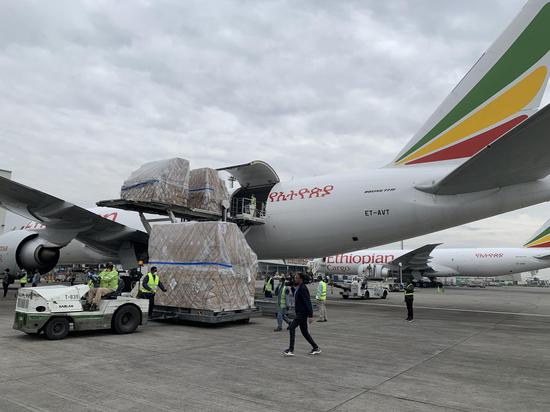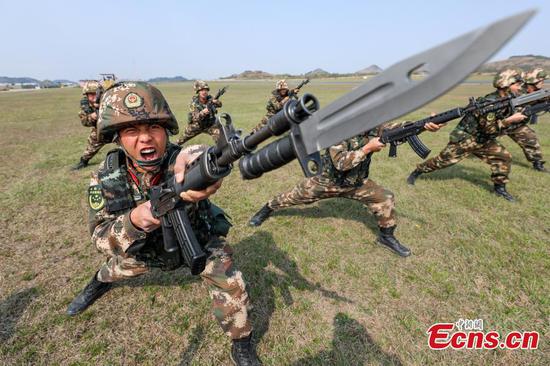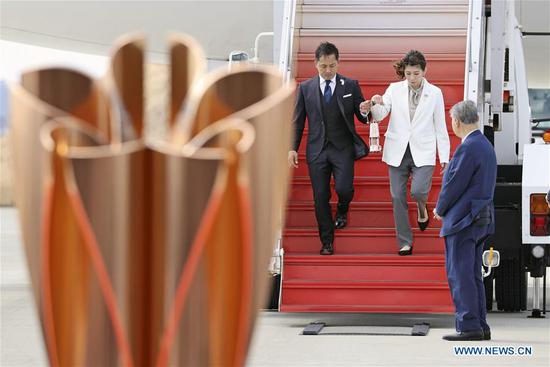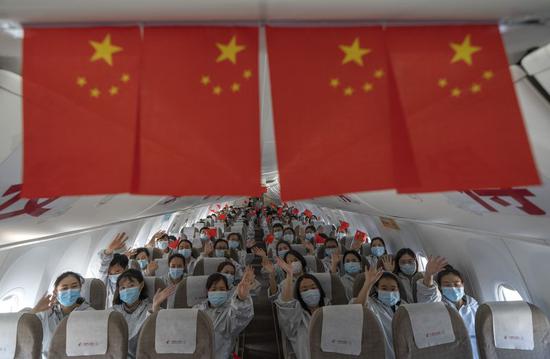For weeks, the blockaded Gaza Strip has witnessed a rare calm between the Palestinian armed factions and Israel, amid the outbreak of novel coronavirus.
Palestinian observers and political experts told Xinhua in separate statements "both Israel and Islamic Hamas movement are busy in their internal affairs to protect their communities from the pandemic."
The pandemic killing tens of thousands of victims around the world has succeeded in forcing arch rivals, such as Hamas and Israel, to replace the battlefield with indirect cooperation to strengthen precautionary measures, as experts said.
In fact, Hamas is monitoring the borders, which separate Gaza and Israel, and preventing any attempts to launch rockets from Gaza into Israeli cities, as well as thwarting attempts to infiltrate into Israel.
"It is a normal condition because neither Hamas nor Israel is interested in any military escalation," Naji al-Batta, a political expert, told Xinhua.
Not only Hamas but also Islamic Jihad seeks to combat the virus in the strip, investing their military experiences as well as equipment to prevent the spread of the virus, al-Batta said.
He added that Israel, Hamas, and Islamic Jihad are trying to unite their efforts to combat "the greatest danger," adding that all of them are at the same atmosphere.
No one can deny that Israel is a medically advanced country, al-Batta explained. "Israel is afraid that if the virus hits Gaza Strip, all the residents should take their treatment inside it," he said, adding that "it will cost Israel a lot."
He believed that it is utterly insane for either of the Palestinian or Israeli sides to take a military step because certainly, no one will benefit from it and everyone will be a loser.
On March 13, Israel allowed the shipment of 200 medical examination sets to detect the novel coronavirus in the blockaded coastal enclave, expressing its willingness to cooperate with Hamas to combat the pandemic.
"Israel is obligated to prevent the spread of coronavirus in the Palestinian territories, to avoid any transmission between the two sides," political expert Mustafa al-Sawaf told Xinhua.
"Until now, there is no direct contact or cooperation between the two sides," al-Sawaf said. "But Israel seeks all the time to prevent the spread of the new virus in Gaza by providing the medical supplies to local residents."
Besides, Israel and Hamas do not prefer to involve in any new military escalation, according to al-Sawaf, because they have a common goal of fighting the virus.
"I think Israel will increase the pace of providing medical aid to Gaza and assist its residents because they live in one space and the spread of the epidemic poses a danger to all," he added.
Therefore, Israeli media recently reported that Israel is anxiously following up the situation in the Gaza Strip, seeking to support Hamas' efforts to combat the virus.
For his part, Mazen Shameya, a Gaza-based analyst, told Xinhua that coronavirus crisis might achieve a long-time cease-fire between Israel and Hamas, and even push them to a form of bilateral cooperation.
Shameya said that the health considerations are a priority, which is directly reflected in the dealing between Israel and Palestinians.
Meanwhile, Hassan Lafi, a local researcher, explained that Israel is afraid of a scenario that is considered the most difficult about the possibility of a mass Palestinian exodus towards Israeli territories.
Lafi noted that, in this case, Israel would not be able to prevent hundreds of thousands of people from moving towards it to escape the pandemic, which increases pressure on providing more aid.
Israel has imposed a tight blockade on the Gaza Strip since Hamas seized it in 2007.
A local Gaza-based committee resisting the Israeli blockade has warned in January that Israel's embargo has led to a severe humanitarian deterioration in all aspects of life in the Gaza Strip, especially in the health sector.












